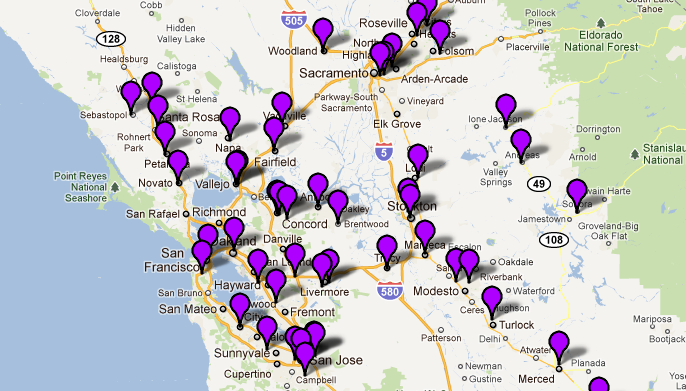Imagine that you are a teen in trouble. Google “abortion San Francisco,” and the first place Google will suggest for you is “First Resort – unplanned pregnancy.” There’s only one problem: First Resort is a center that does not actually perform abortions.
On Oct. 18, the San Francisco Board of Supervisors approved a truth-in-advertising ordinance by an overwhelming 10-1 vote. Spearheaded by Supervisor Malia Cohen, the bill targets prohibits “false or misleading” advertising by so-called “crisis pregnancy centers” (CPCs) that offer limited medical services to pregnant women.
According the First Resort website, crisis pregnancy centers advertise that they “provide medical care to women who are making decisions about unplanned pregnancies.” Many women take this to mean they provide abortions, only to learn that the service is not available. These centers are often funded by abstinence-only and anti-abortion organizations.
Most Urban students are opposed to crisis pregnancy centers. “The city should shut them down,” said Stefan Martinez (’12). “It’s not just lying, it is outright fraud.”
“Women in this position (of pregnancy) are likely to feel extremely vulnerable, and these centers prey on these women — positions to attack them, you could say — when they are down,” said Megan Madden (’12).
While many students may be morally opposed to CPCs, the issue really boils down to the First Amendment and what these organizations are and are not allowed to say in advertising.
“First Resort rejects in the strongest possible terms any representation that our advertising misleads women. We treat women with dignity and respect their right to choose,” said First Resort CEO Shari Plunkett in an official statement. Plunkett urged the supervisors “not to test the constitutional boundaries of free speech.”
A court might not side with the supervisors. “The First Amendment exists to protect speech that people will find objectionable,” noted Greg Monfils, who teaches constitutional law at Urban. He predicted, “the court will err on the side of speech.”
“It’s perfect example of how morality as you may understand it and the law don’t necessarily coincide,” he added. “The court has always said the appropriate response to bad speech is better, rectifying speech.”
In an Oct. 9 Legend survey, 84 percent of students believed that the government should regulate misleading advertising.
San Francisco is not the first city council to say no to CPCs. A similar bill was passed by the Baltimore City Council in 2009 and later a federal judge ruled the bill unconstitutional and in violation of the First Amendment.
“That local governments have allowed such groups to exist in so far shows how little women are valued in context with the many other issues at stake. And this blatant disregard of the law surely demonstrates that,” Madden said.
Even though the legal battle to shut down crisis pregnancy centers may be an uphill one legally, activists in New York City, Baltimore, and San Francisco still believe that CPCs threaten the health of women and are therefore a battle worth pursuing.

